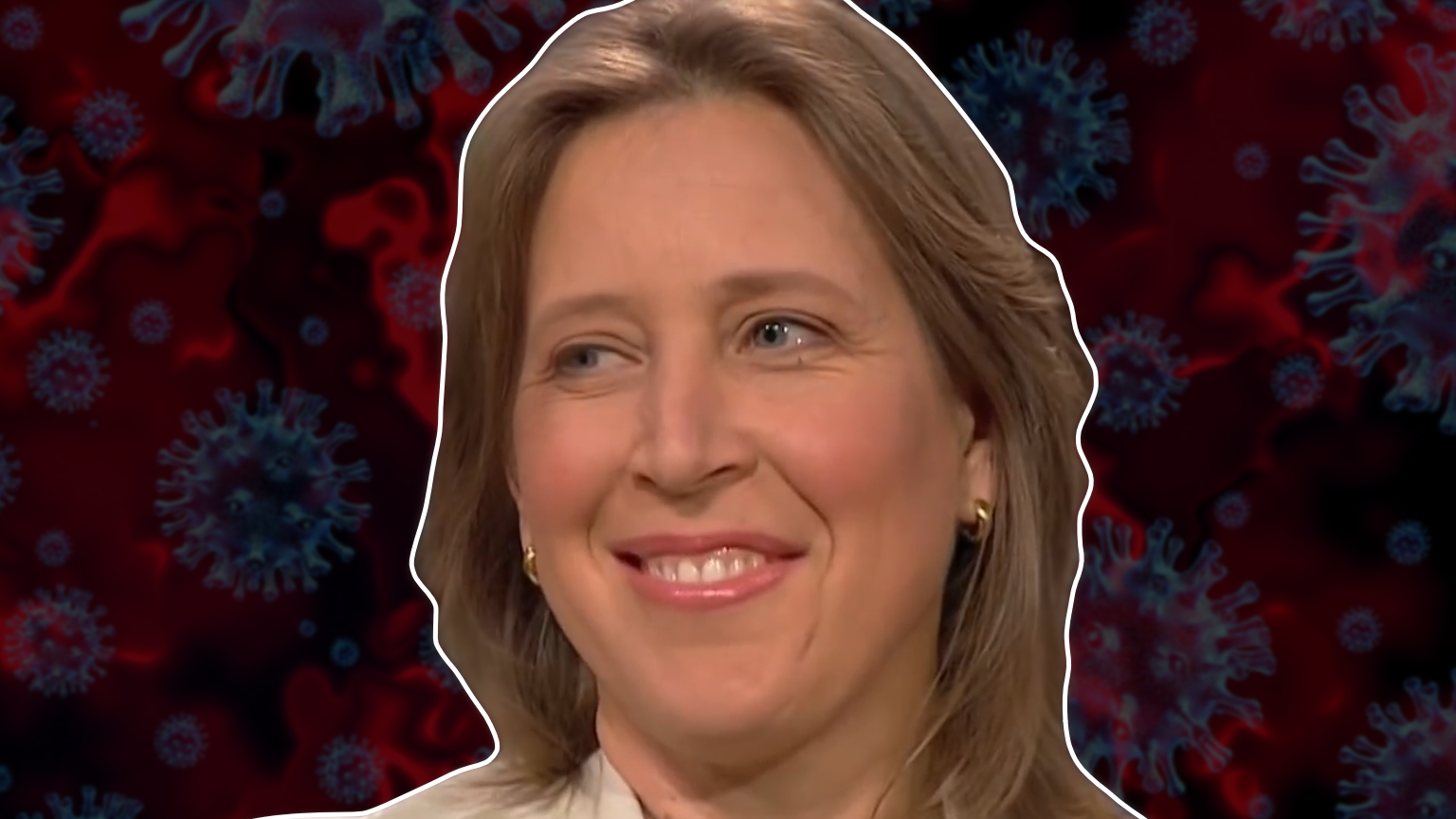During an interview on the Hamburg-based independent broadcaster TIDETVhamburg, YouTube CEO Susan Wojcicki lauded her platform’s swift rollout of COVID censorship policies and described the pandemic as a “huge opportunity to deliver authoritative information.”
“For us, when the pandemic hit, it was after many, many years that we had been working on all our responsibility work,” Wojcicki said. “We had been investing across policy, technology, enforcement, all areas, and I’m very thankful for that investment over many, many years because that enabled us to take action very, very quickly when the pandemic hit.”
Wojcicki added that YouTube had implemented more than 10 different policies after the pandemic hit and pointed to the way YouTube started censoring videos that suggest a link between 5G and coronavirus.
She also noted that YouTube’s years of investment “across the board” allowed it to be “very active in our enforcement which we do with a combination of people and machines to make sure we’re removing that content as quickly as possible.”
After praising YouTube’s COVID censorship policies, Wojcicki described how the pandemic had allowed YouTube to boost “authoritative sources” (mainstream media outlets and health authorities that are arbitrarily chosen by Youtube and given preferential treatment in search results and recommendations).
“With the pandemic, we also saw that as a huge opportunity to deliver authoritative information,” Wojcicki said.
She continued by noting that YouTube had worked with “over 80 different health-country groups” to push authoritative information to the top of YouTube feeds and admitted that the tech giant had even worked with creators directly to push specific COVID talking points:
“We worked with YouTube creators to be able to talk about how it was important for people to stay home, to take COVID seriously, which was an issue at first, people thought it was a chance to go out more and we made sure that the creators really emphasized the need to take it seriously.”
Additionally, Wojcicki described how YouTube promoted content featuring Director of the National Institute of Allergy and Infectious Diseases (NIAID) Dr. Anthony Fauci during the pandemic.
“In the US, for example, we had Dr. Fauci reach with various rappers and talk about the importance of the precautionary methods to prevent people from getting COVID,” Wojcicki said.
Wojcicki concluded her discussion of YouTube’s COVID policies and boosting of authoritative sources by once again praising the tech giant’s years of pre-pandemic work.
“So, those are all different things that we did and I’m extremely thankful for all the years and years of work ahead of time to make sure that we were ready for the pandemic, not that we knew it was coming, but just to be able to handle such a tough event like that,” Wojcicki said.
Wojcicki’s comments are the latest of many where she has defended YouTube’s censorship policies and the boosting of sources that the tech giant deems to be authoritative. She has also admitted that users don’t like authoritative sources but has continued to boost them anyway.
YouTube’s censorship policies have led to over a million videos being deleted for “COVID misinformation” and numerous high profile creators, senators, and doctors having their videos or channels booted by the tech giant.
The rigging of the platform in favor of authoritative sources has resulted in them being 20x more likely to top coronavirus search results and 10x more likely to top search results for some newsworthy events than independent creators.













